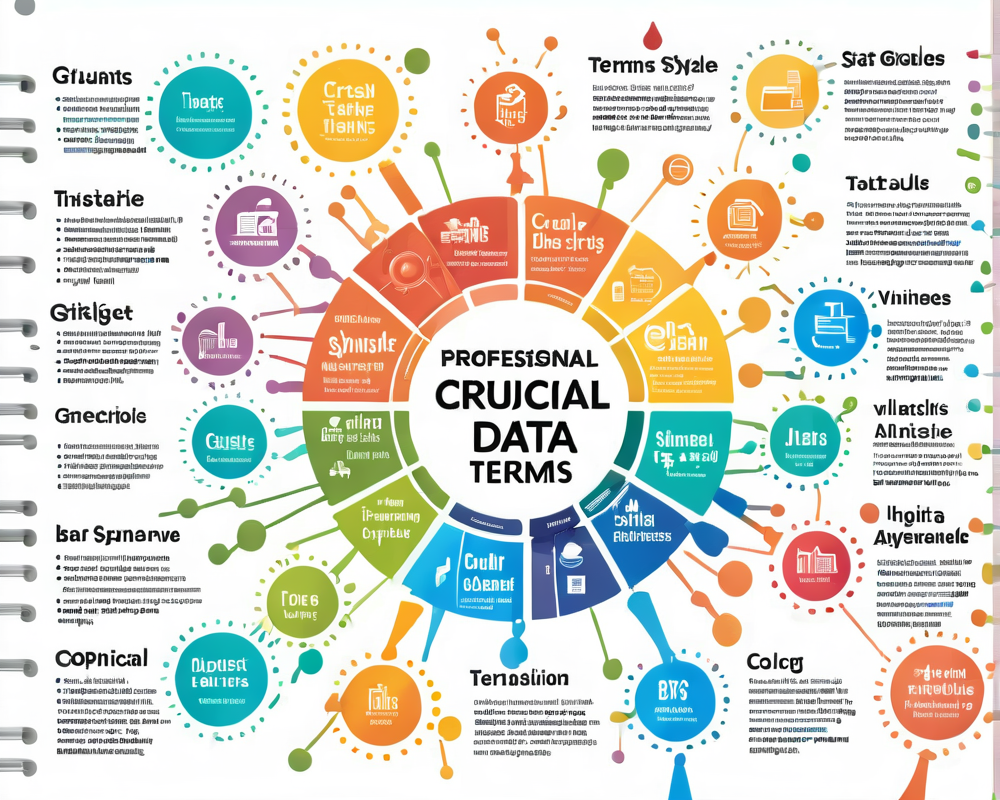Understanding Big Data
The term big data refers to vast and intricate datasets that cannot be processed through conventional means. Picture a massive library with every single book containing wild stories about everything from cat memes to financial reports – that’s big data for you! It’s about volume, velocity, and variety, and comes from sources like social media, sensors, and the Internet.
Decoding Data Analytics
Data analytics has become the nifty tool that helps businesses sift through all that information to uncover trends, patterns, and meaningful insights. Using various statistical instruments, companies can make smarter decisions, potentially saving millions or just ensuring they don’t mistakenly order 10,000 hammers.
The Art of Data Governance
At its core, data governance is about managing and controlling data within an organization. Think of it as creating the rules for a well-organized closet, ensuring your shoes (a.k.a data) don’t end up scattered all over the floor. Policies on data quality, security, and compliance are crucial to protect sensitive information.
The Visual Wonderland of Data Visualization
Ever tried interpreting a pie chart? That’s data visualization in action. It helps present data in appealing formats—think colorful graphs and interactive dashboards—to make complex information digestible. Why read a 100-page report when you can glance at a snazzy chart?”
Diving Into Data Lakes vs. Warehouses
When comparing a data lake to a data warehouse, think of the former as a messy room filled with every toy imaginable, and the latter as a perfectly organized shelf. A data lake is a flexible repository for storing all forms of raw data, while a data warehouse sorts and sifts through this data, readying it for analytics. Both have their appeals depending on your data journey.
The Importance of Data Ethics
With great data comes great responsibility—welcome to the realm of data ethics. This area deals with the moral implications of collecting and analyzing data, ensuring we respect people’s privacy and rights. It’s crucial to be transparent and ethical in handling personal information.
Bringing It All Together with Data Integration
Data integration is the superhero of the data world, merging information from various sources into one coherent narrative. It simplifies the chaos of multi-channel data and provides a holistic view, much like solving a jigsaw puzzle where all the edges suddenly fit together.




